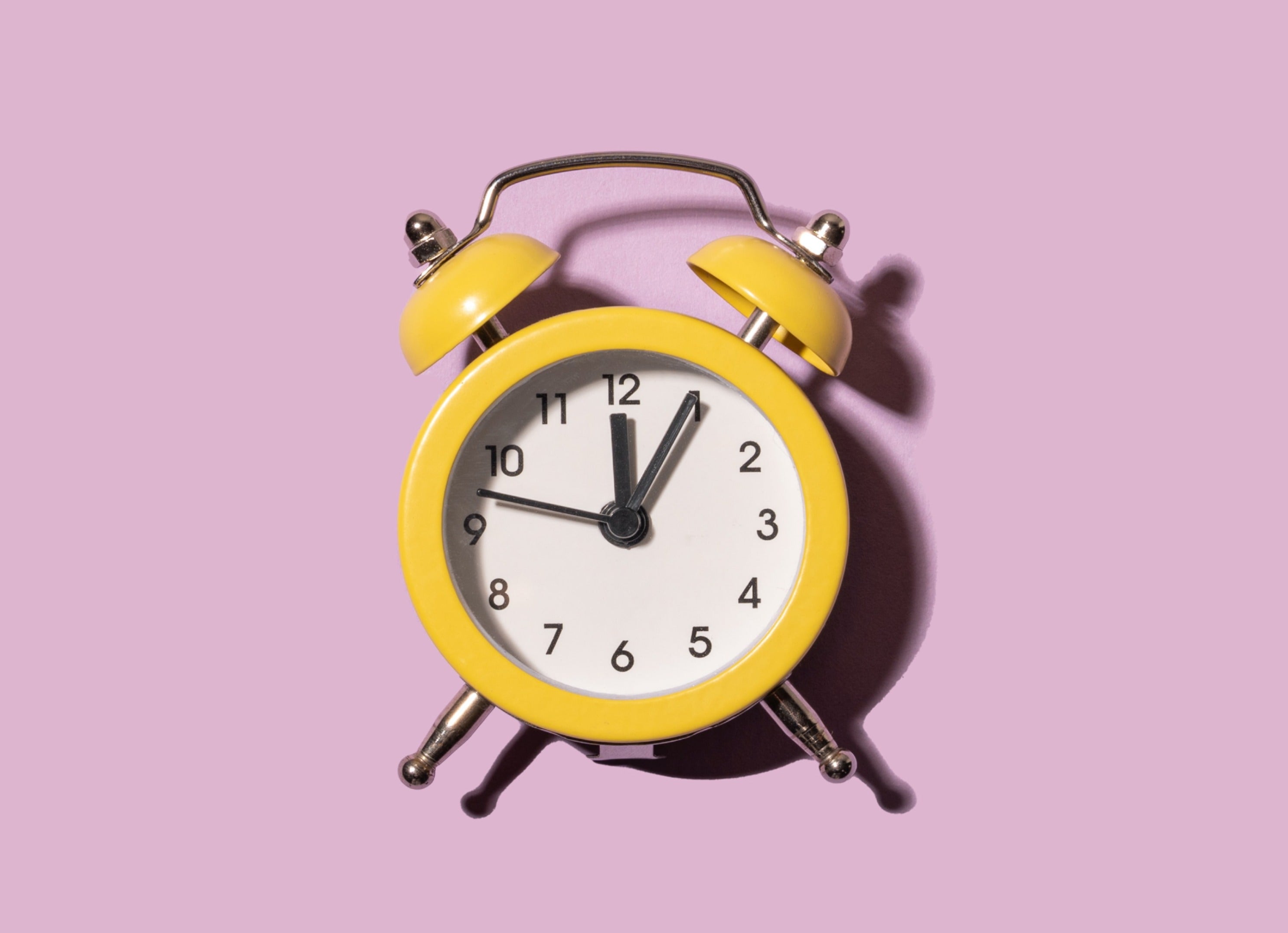Menopause: What is it anyway?
Lifestyle
Menopause is the time in your life when your body leaves your fertile period behind. Hormonal balance changes, and your body must find a new balance. These hormonal fluctuations can cause physical and mental discomfort. Due to lack of awareness, women sometimes don't know what's happening or don't recognize the symptoms. We'll explain more about this period, what to expect, and how best to manage it.
Menopause vs. menopause
The terms menopause and menopause are often used interchangeably, but they each have different definitions. We'll therefore give you a short and concise biology lesson so you know what to expect during this phase. Menopause is the period around your last menstrual period when your ovaries gradually stop producing the female sex hormone estrogen. During menopause, this production decreases, and your body leaves your fertile period behind. Menopause lasts an average of five to ten years and usually occurs in women around the age of 45. However, one in 100 women enters menopause prematurely. This can be due to genetics, for example, or due to prolonged heavy smoking. Menopause, on the other hand, isn't a period, but the moment your last menstrual period occurs.
Stages of transition
Menopause can be divided into four phases. The first phase is premenopause, a period where hormonal changes occur. Some women experience these symptoms immediately, while others barely notice them. This first phase is followed by perimenopause, the period surrounding menopause, where most symptoms are often experienced. You can recognize this period by increasingly irregular periods. After this phase comes menopause itself, meaning the last menstrual period, even if you don't realize it at the time. Finally, the final phase begins: postmenopause. This is where the last menstrual period has occurred, but the symptoms are still present. Menopause officially ends one year after the last menstrual period.
Common complaints
Menopause can bring various physical and mental symptoms. Just like with menstruation, the level of discomfort varies from woman to woman. Typical symptoms of menopause include hot flashes, night sweats, mood swings, insomnia, and difficulty concentrating. Women also experience pain in the head, back, abdomen, muscles, and joints. Because your hormones fluctuate, there's a chance your metabolism will slow down, which can lead to weight gain. It's also possible that the drop in hormones can shift fat storage from the hips and thighs to the abdomen. You may experience pain during sex, vaginal dryness, irritation, or itching, and a decreased libido. Hair loss, urinary incontinence, difficulty thinking clearly, and skin irritation are also possible symptoms. A very unpleasant laundry list indeed. The symptoms can limit your daily routine and personal life. You'll feel tired, less healthy, and less fit. Talk about this with your partner and a supervisor at work; there's nothing wrong with taking a step back or asking for help.
What can I do?
Menopause happens to every woman, but that doesn't mean you have to completely surrender to it. Many symptoms can be managed relatively effectively by focusing on your health. Pay extra attention to your diet, schedule relaxation time for yourself, and try to exercise regularly. If you continue to experience symptoms and find yourself experiencing limitations, schedule a visit to your doctor. A suitable diet or supplement may help alleviate some of these symptoms.




































